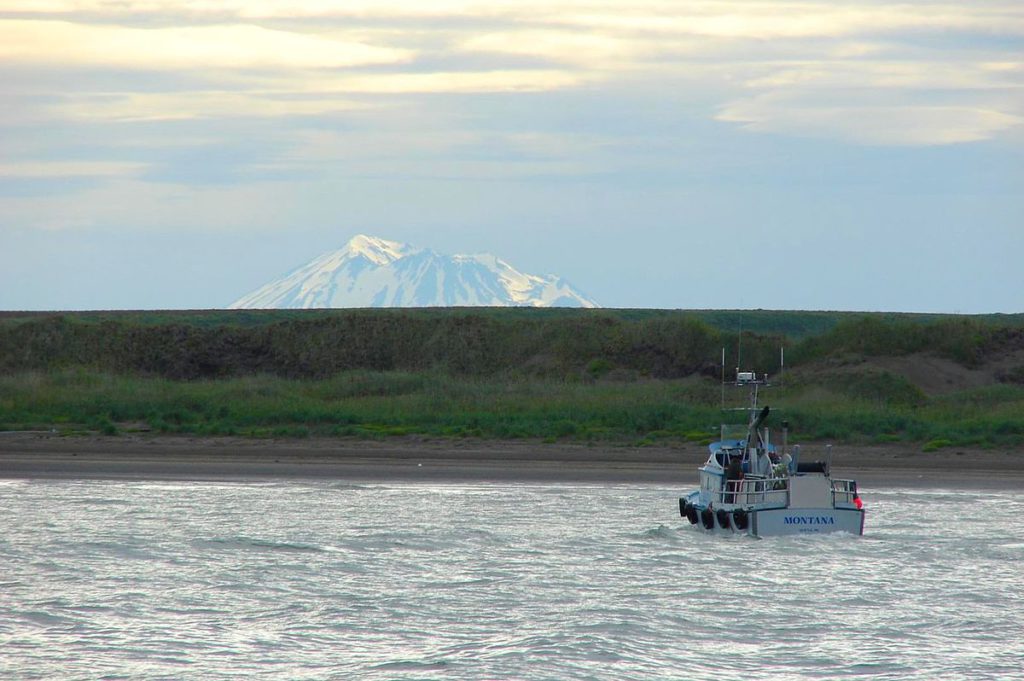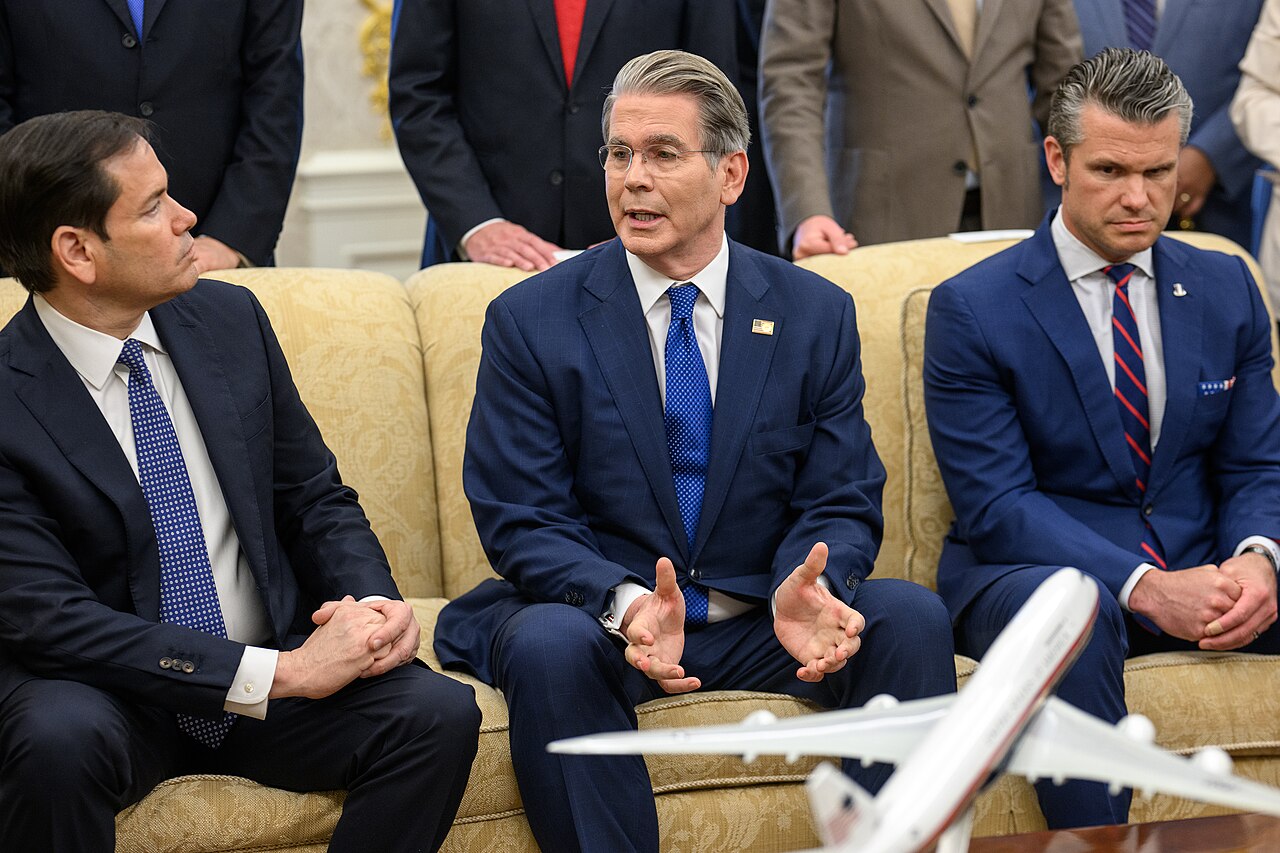Biden moves to bar mining waste in Alaska, blocking Pebble mine

The Biden administration proposed a ban on waste disposal that would thwart a long-planned gold and copper mine in Alaska, citing the potential harm to the area’s thriving sockeye salmon industry.
The Environmental Protection Agency issued a formal recommendation Thursday to bar the disposal of mining waste in Bristol Bay, which hosts the world’s largest harvest of the fish. If finalized, that would effectively block efforts by Pebble Limited Partnership to extract gold, copper and molybdenum from southwestern Alaska.
Pebble, a subsidiary of publicly-traded Northern Dynasty Minerals Ltd., has been seeking to mine in the area for more than two decades.
The move represents the penultimate step in a Clean Water Act process that EPA Region 10 Administrator Casey Sixkiller said would “help protect salmon fishery areas that support world-class commercial and recreational fisheries and that have sustained Alaska Native communities for thousands of years.”
The proposed Pebble Mine has been a source of contention for years. Under former President Barack Obama, the EPA proposed restrictions that would rule out the project. But the agency later withdrew the proposed controls after a legal challenge. A federal judge last year sent the issue back to the EPA for reconsideration.
“The Biden administration has the opportunity to follow through on its commitments by finalizing comprehensive, durable protections for our region as soon as possible,” said Alannah Hurley, executive director for the United Tribes of Bristol Bay, in an emailed statement.
Conservationists have lobbied the Biden administration to definitively kill the mine by wielding the EPA’s broad authority under the Clean Water Act to veto projects involving the discharge of dredged material.
Under the recommended determination advanced Thursday, the EPA is proposing to prohibit certain waters in the Bristol Bay region as disposal sites for the discharge of dredged or fill material associated with Pebble Limited Partnership’s mine plan as well as any future proposals to construct and operate a mine tapping the same deposit.
Each year about 30 million sockeye salmon are caught in Bristol Bay. They sell at higher prices than other salmon, supporting local fisheries, processors and sports fishing companies.
(By Jennifer A. Dlouhy)
More News
{{ commodity.name }}
{{ post.title }}
{{ post.date }}




Comments
oredigr
Are they proposing to exclude mining waste from Bristol Bay, or the Bristol Bay watershed? What about gravel pits? Are there no roads or cement in the Bristol Bay watershed?